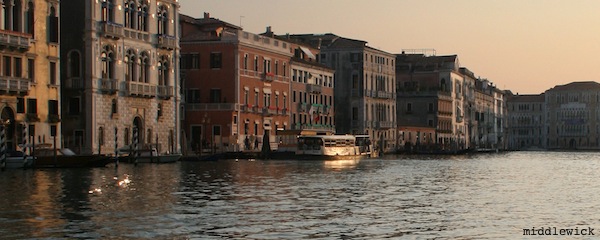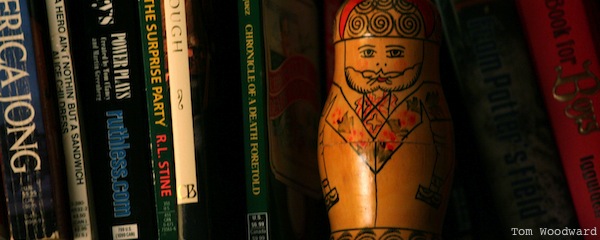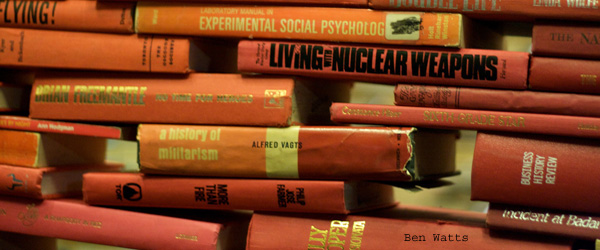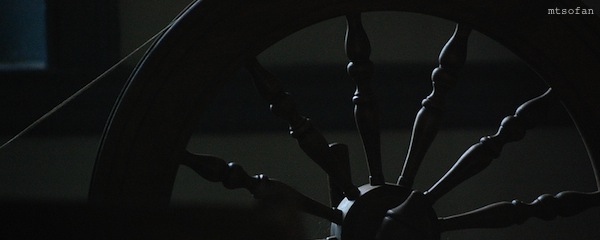STORY: We are delighted to bring you ‘Thirst’ from award-winning writer RACHEL CUSK. ‘Arriving in Venice the Gibsons – mother and daughter – were inexplicably startled by the omnipresence of water. Julia Gibson had concerned herself too much with the practicalities of the trip; her daughter Charlotte too little…’
ANGELA READMAN shows us the ‘Yes Factor’ in Etgar Keret’s work: ‘…reading should give us a buzz too. I recommend Keret, but mostly I recommend getting in touch with small things in fiction that have the ‘Yes Factor’ for you…’
In her essay, EVER DUNDAS introduces us to ‘The Erl-King’ by Angela Carter: ‘I haven’t come across another writer who makes me feel such joy when I read their work. She weaves a spell, pulling you into her dark, beautiful and perverse worlds.’
In his essay, EAMONN GRIFFIN looks at how Magnus Mills’ work is ‘characterised by its constraints: Englishness, routine, lack of information, anonymised male narrators, potentially comic situations with an unfolding atmosphere of unease…’
In her essay on Carol Shields’ The Stone Diaries, RUBA ABUGHAIDA discusses the short story elements of this award-winning novel: ‘…a series of Russian nesting dolls, with the stories nesting within each other, yet each one still capable of standing on their own…’
We are delighted to announce that the 2013 THRESHOLDS Feature Writing Competition is now open, with a first prize of £500 for the winning essay in each category – Author Profiles and We Recommend.
In his essay, MIKE SMITH discusses the short stories of James Joyce, from the collection Dubliners: ‘Instead of being led, or driven, by authorial enthusiasm this writing told of flawed individuals who failed to rise to traditional heroics…’
PODCAST: In the final instalment of our Short Story Masterclass series, Steve Wasserman talks with MARGARET DRABBLE about the adventurous nature of short stories, jigsaw puzzles, showing not telling, and taking a walk to find an idea.
PAULINE MASUREL discusses how Ludmilla Petrushevskaya’s collection of Scary Fairy Tales swerves ‘between the realist-expected and the magical-surreal – often involving equally powerful forces such as disease, alcohol, vandalism, war and mental illness.’
STORY: Read ‘The Best Place in Town’ by award-winning author Stuart Evers. ‘David Falmer couldn’t pinpoint the exact moment he lost control of John’s stag party; but he knew it was long before the topic of conversation had turned to hookers…’









